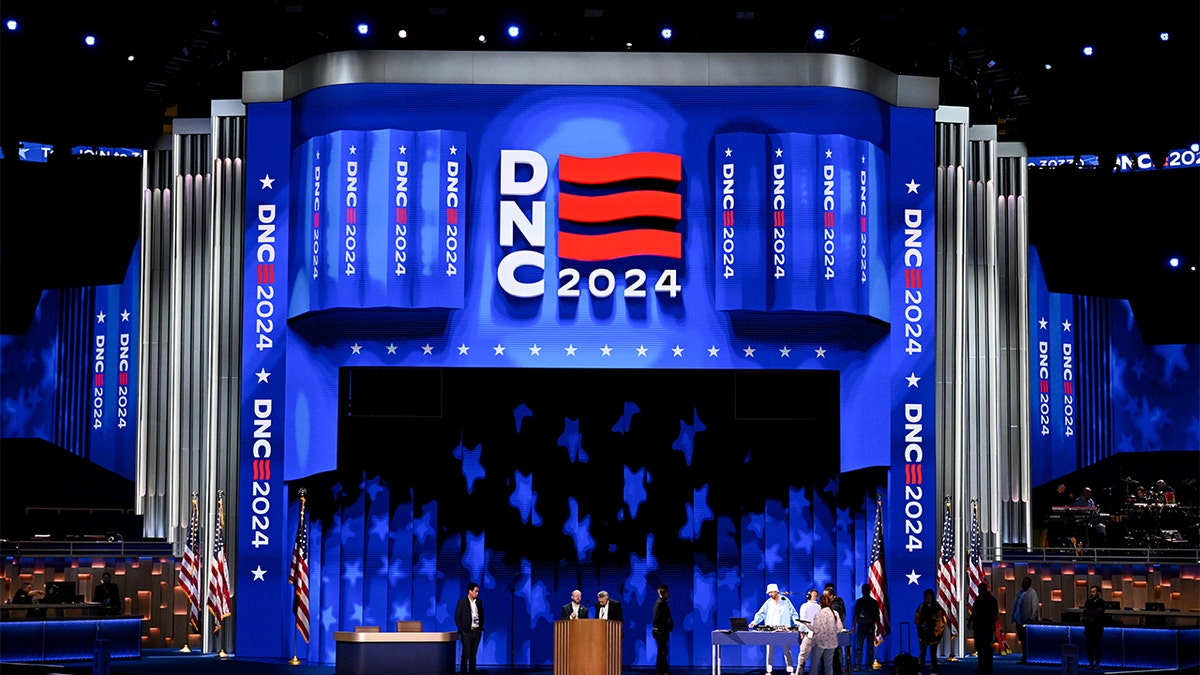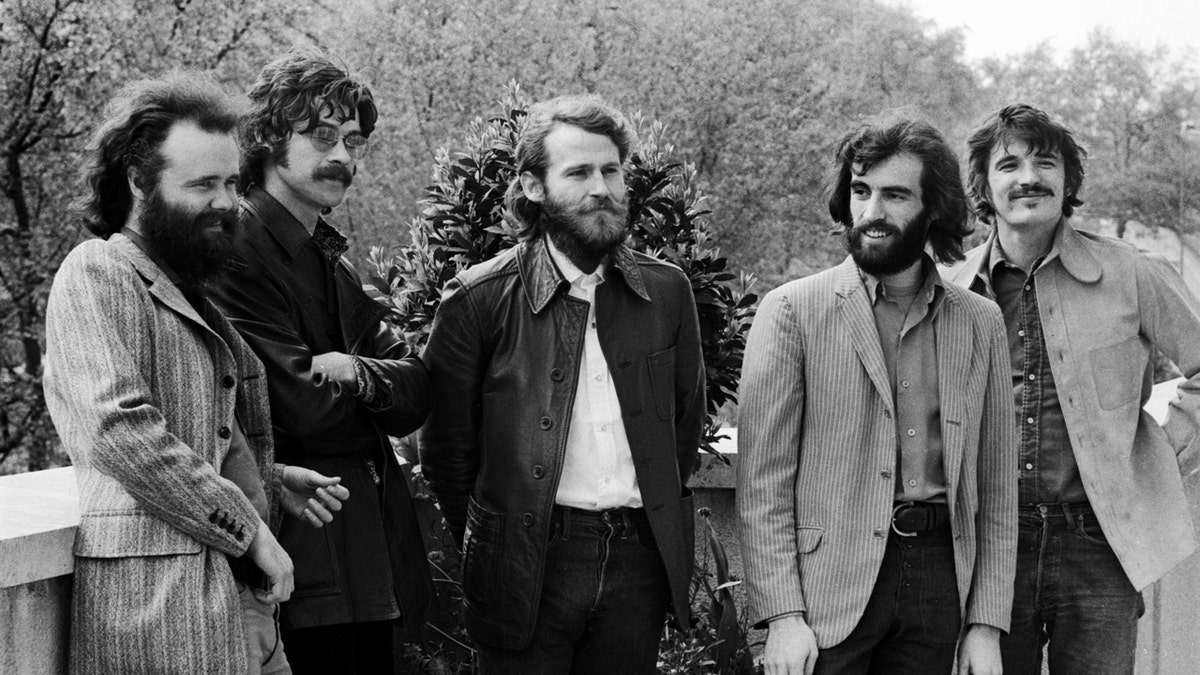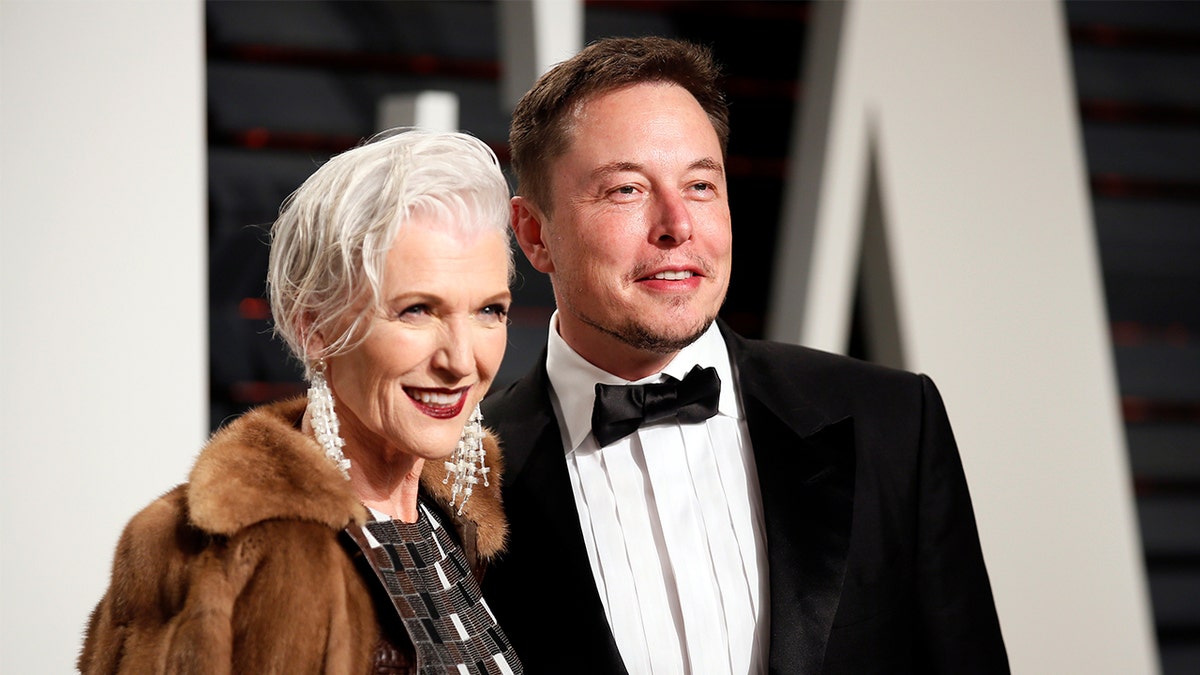The race for the Democratic National Committee (DNC) chair is heating up, with a growing field of candidates vying for the position. However, concerns about diversity, particularly gender diversity, have emerged as a key point of discussion.
Former presidential candidate Marianne Williamson is the only woman currently in the running, highlighting the lack of female representation in the race. This has sparked commentary from other candidates and political figures.
Nate Snyder, a former Department of Homeland Security official and another contender for the DNC chair, expressed concern about the lack of gender diversity in the race, calling it “jarring.” He believes the conversation surrounding the issue is also lacking.
Other candidates in the race include Gov. Martin O'Malley, Minnesota state party chair Ken Martin, Wisconsin state party chair Ben Wikler, and New York state Sen. James Skoufis.
Rep. Pramila Jayapal also weighed in on the diversity issue, noting a lack of representation within state party operations. She emphasized the importance of building a diverse infrastructure at the state level to strengthen the party as a whole.

The image above shows the setup for the Democratic National Convention in Chicago, a visual reminder of the scale and importance of party leadership.
While some women are running for the vice chair position, the DNC chair race itself remains predominantly male. Ken Martin, chair of the Minnesota Democratic-Farmer-Labor Party, defended his record, pointing to the diverse coalition he's built in Minnesota. He has also released a memo outlining his vision for the DNC, emphasizing the need for Democrats to engage in “uncomfortable media spaces” and connect with local communities.

This image shows Ken Martin at a DNC meeting, actively participating in party discussions.
Williamson, in her announcement, stressed the need to reinvent the Democratic Party for the 21st century. She argues that traditional political strategies are insufficient to counter the “political theater” of the Trump era and calls for a deeper understanding of the psychological and emotional factors driving political engagement. She believes that data analysis, fundraising, and technology alone won't be enough to secure future Democratic victories.








